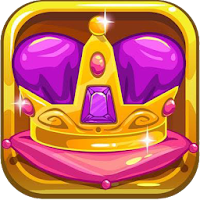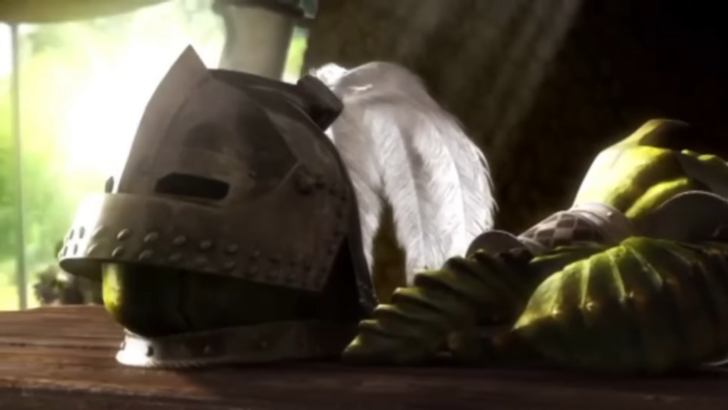
The narrative of Monster Hunter has often been overlooked due to its seemingly straightforward structure, but beneath the surface lies a rich tapestry of themes and stories. Let's delve deeper into the essence of the series.
← Return to Monster Hunter Wilds' main article
Evolution of Narratives in Monster Hunter
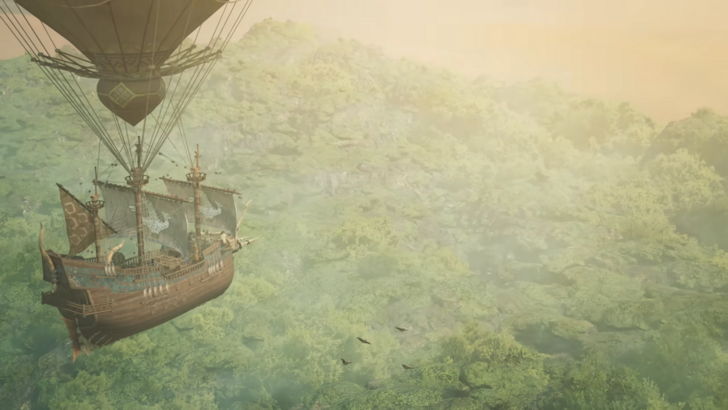
The Monster Hunter series might not be renowned for its storytelling, as fans often note that the narrative takes a backseat to the game's mission-driven design. However, this doesn't mean the story is non-existent. The series' plot often revolves around the player's quest choices, leading some to dismiss it as merely a cycle of hunting for rewards. Yet, a closer examination reveals a more nuanced narrative.
How It All Starts
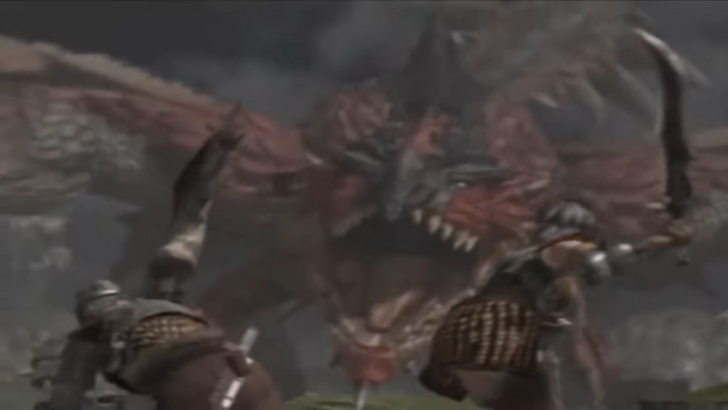
Monster Hunter games typically follow a familiar pattern: you begin as a novice Hunter taking on quests from village elders, gradually ascending to become the top-ranked Hunter. This journey of progression and triumph over increasingly formidable monsters, culminating in battles against iconic final bosses like Fatalis, forms the core of the series. Even as newer games like World, Rise, and their expansions introduce more structured stories, this foundational cycle remains intact.
Protecting the Natural Order
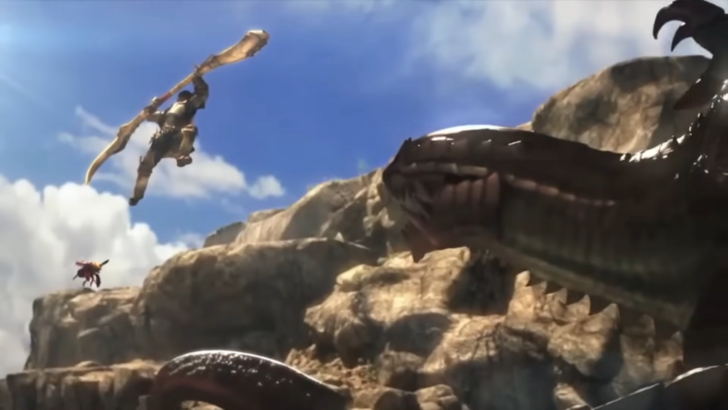
A recurring theme in Monster Hunter is the Hunter's role in maintaining ecological balance. For instance, in Monster Hunter 4, the Gore Magala's Frenzy Virus threatens the ecosystem, making monsters more aggressive and necessitating its defeat to restore harmony. However, Monster Hunter: World and its expansion, Iceborne, explore this concept further. The endings of these games highlight humanity's responsibility to understand and respect nature's processes. The narrative of Iceborne, particularly, reflects on the Research Commission's evolving understanding of their role as guardians of nature, culminating in a poignant realization of nature's resilience.
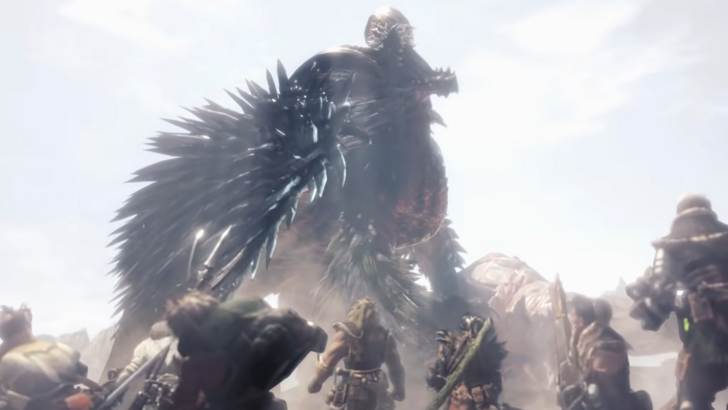
The introduction of Nergigante as nature's balancer in Iceborne underscores this theme, emphasizing the natural order's complexity and the human need for humility in the face of nature's self-sustaining mechanisms. The base game's ending, with the Hunter being dubbed the "Sapphire Star," ties into the game's creation myth, symbolizing humanity's learning journey under nature's guidance.
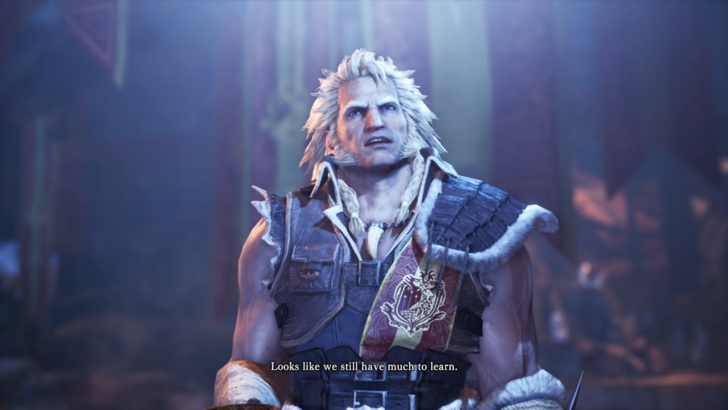
Monster in the Mirror
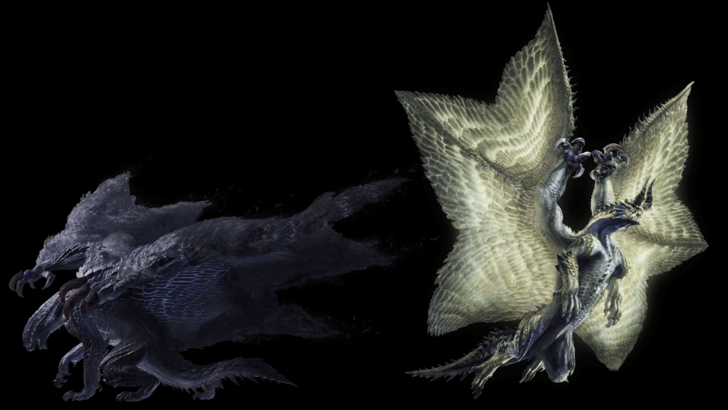
The narrative often mirrors the player's experience, as seen in the evolution of monsters like the Gore Magala into the Shagaru Magala in Monster Hunter 4. This transformation reflects the player's own journey of upgrading equipment and returning for more challenging battles. It suggests a mutual learning process between Hunters and monsters.
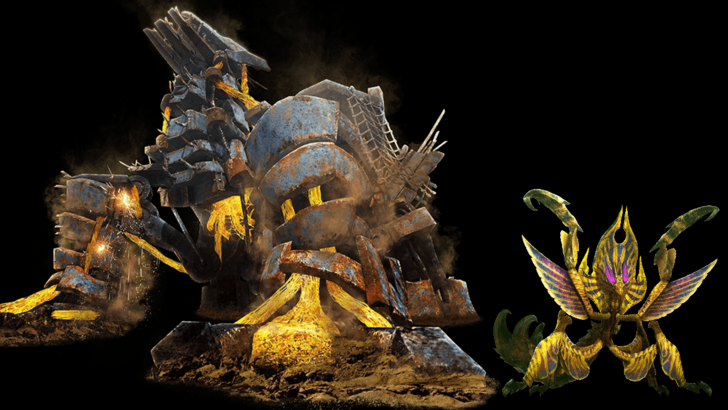
The Ahtal-Ka in Monster Hunter Generations Ultimate exemplifies this theme brilliantly. This unique monster, a giant bug that pilots a mechanical fortress, uses weapons and structures akin to those used by Hunters. Its battle not only showcases its ingenuity but also mirrors the Hunters' tactics, suggesting a deeper connection between humans and the monsters they hunt.
Man Versus Wilds: Your Story
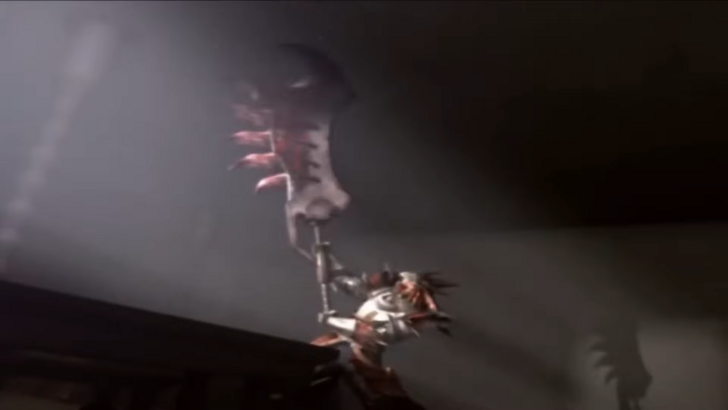
At its core, Monster Hunter is about the player's journey of growth and mastery over challenges. The series excels in creating personal narratives through gameplay, akin to the satisfaction derived from overcoming obstacles in the Souls series. The iconic encounter with the Tigrex in Monster Hunter Freedom 2 exemplifies this: starting with a humbling defeat, the player's quest to return and conquer the beast becomes a driving force in their journey.
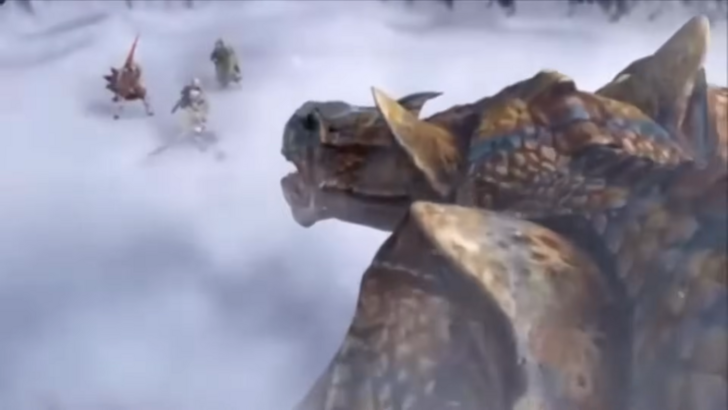
This narrative of personal triumph over adversity is woven into the fabric of the game, from the initial setbacks to the eventual mastery of formidable foes. The series' newer iterations, like Monster Hunter Wilds, are embracing more explicit storytelling, yet the core theme of personal growth through challenge remains a cornerstone of the franchise.
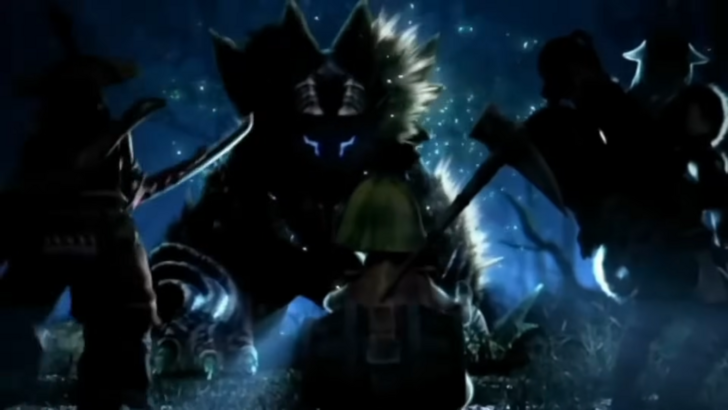
While the Monster Hunter series may not be known for its intricate plots, it crafts unforgettable personal narratives through its gameplay and themes. The journey from novice to master, the struggle to maintain ecological balance, and the reflection of human ingenuity in the monsters we hunt all contribute to a deeper understanding of what Monster Hunter is truly about.






